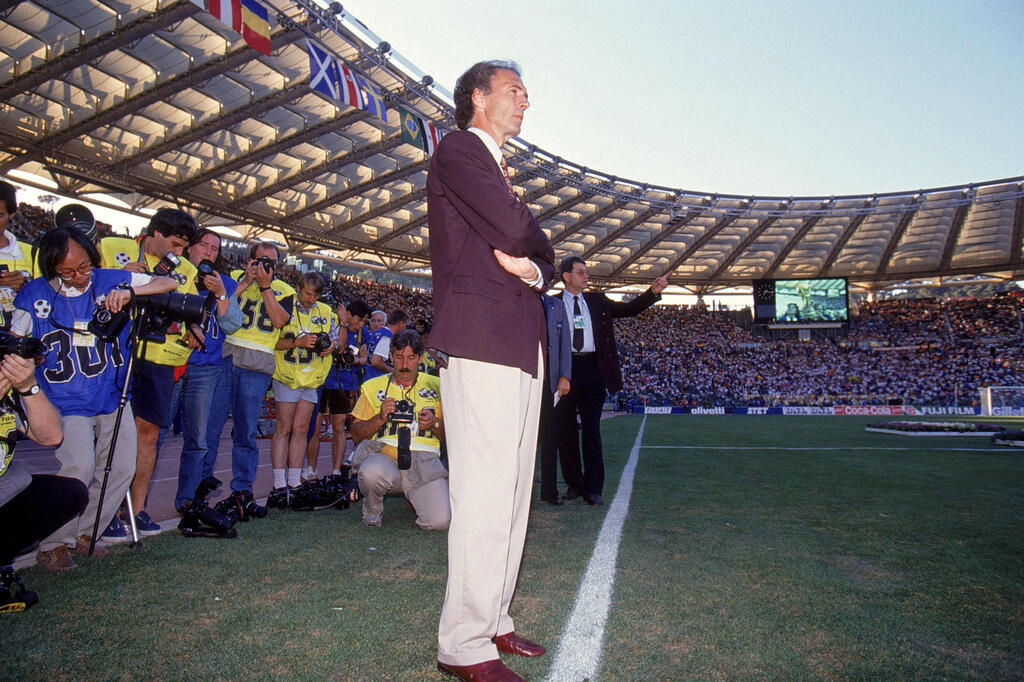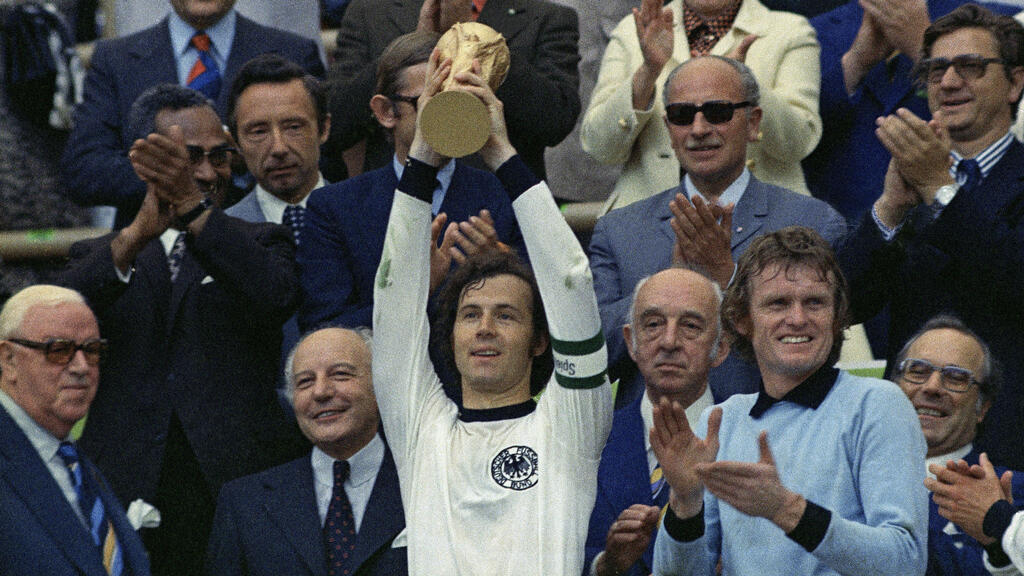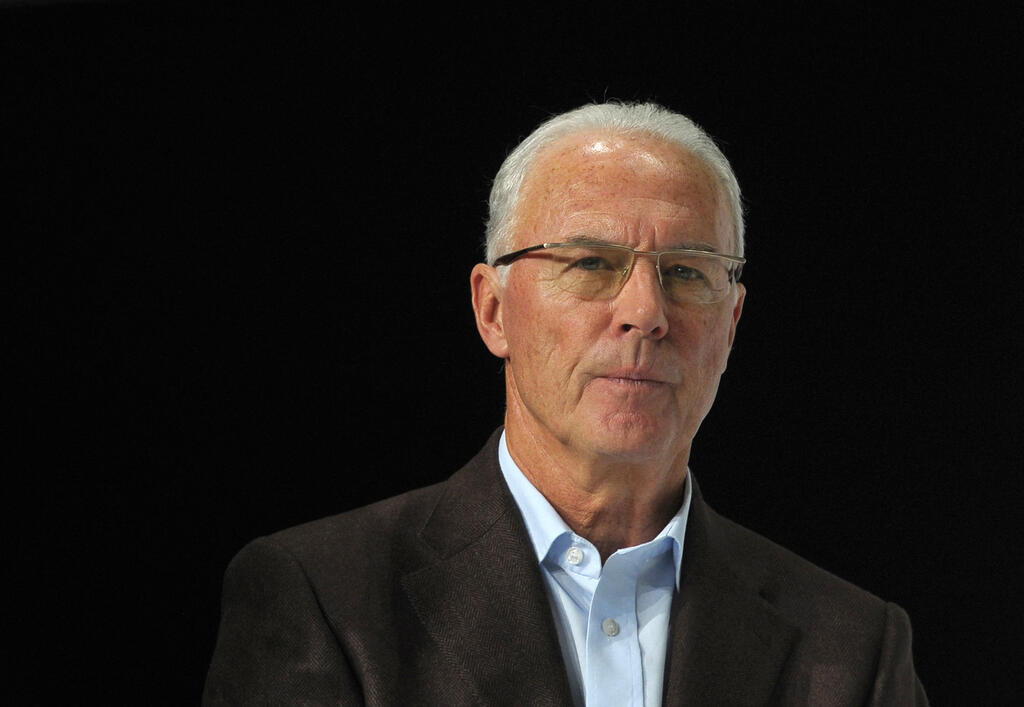Getting your Trinity Audio player ready...
The world of football will never be the same: Franz Beckenbauer, a German sports icon, has passed away at 78 following a long and chronic illness.
Read more:
Nicknamed "Der Kaiser", the Munich native is regarded as not only one of the greatest players of all time, but also one of the sports' most iconic representatives.
A statement made by his family to German news agency DPA read: "It is with deep sadness that we announce that my husband and our father, Franz Beckenbauer, passed away peacefully in his sleep on Sunday, surrounded by his family. We ask that you allow us to grieve and refrain from asking any questions."
A slap that changed history
While most are unaware of this, even among the most devoted football fans, Beckenbauer was a fan of Munich's less-known club: München 1860. Not only that, but he was on the verge of joining them when a curious incident changed that.
Starting his football career in 1951 at the tender age of six, Franz played for SC 1906 Munich, a little-known club that was dismantled following grave financial issues.
In 1958, though, Beckenbauer was on their youth roster and made it to the finals of the U-14 tournament against München 1860, which, as mentioned, little Franz dreamed of joining. However, during the match, Beckenbauer was involved in a tackling incident that somehow resulted in him getting slapped in the face by a youth player from the very club he idolized.
Following that incident, young Franz had a complete change of mind and decided he wouldn't be joining any club whose players behave like that, so he switched to Bayern Munich, where he went on to write his name in the history books.
When he was just 18 years old, Beckenbauer found himself embroiled in a controversy when it came to light that his girlfriend at the time was pregnant, and he had no plans of marrying her. As a result, he faced a ban from the West Germany national youth team imposed by the DFB. It was only through the intervention of the team's coach that he was eventually allowed back into the fold.
He joined Bayern when they still played in the Regionalliga Süd (A regional southern league from the second tier of German football), but after less than a season with Beckenbauer in their ranks, they were promoted to the top tier, known as the Bundesliga.
After just four seasons with the club, in which his undeniable leadership skills became evident, he was named team captain.
Under Beckenbauer's care, the Bavarian giants achieved an extraordinary feat by securing three consecutive Bundesliga titles from 1972 to 1974. As if that wasn't enough, they went on to clinch an impressive hat-trick of European Cup victories from 1974 to 1976, an accomplishment that resulted in the club being bestowed with the honor of permanently retaining the coveted trophy.
His prowess as a team leader was greatly exemplified in Belgium in 1972, when he captained West Germany to a European title, beating the Soviet Union 3:0 in the final, but that was just the start of what was to come in terms of Der Kaiser's contribution.
World's greatest trophy. Twice
Just two years later, in 1974, Beckenbauer made a case for going into the football hall of fame by captaining West Germany to a World Cup win, beating Johan Cruyff's supposedly unbeatable Netherlands, the "Total Football" stars in the final match.
But what set him apart from other World Cup-winning heroes, was the fact that 16 years after winning that trophy, he was the manager of Germany's national team that won the 1990 World Cup, beating Argentina, who were captained by one of the sports most illustrious geniuses, Diego Armando Maradona himself.
This made Der Kaiser one of only three (two at the time) to win the World Cup both as a player and as a manager. French star Didier Deschamps joined that list in 2018.
Another hallmark of his career are two Ballon d'Or awards, naming him as the world's Player of the Year in 1972 and 1976. A glance into the list of Ballon d'Or winners shows a puzzling lack of defensive players. It was only 14 years after his second Ballon d'Or win that another defensive player won it again, and coincidentally, it was someone who took much inspiration in his play style from Beckenbauer, playing as a Libero - Lothar Matthäus.
Speaking of Libero
Franz Beckenbauer wouldn't only be remembered as a great player and manager, but also as an inventor. After all, he invented a whole new position on the pitch - The Libero, a defensive role that involves playing as an anchor in defense and being responsible for sweeping up loose balls and providing cover for the team.
Beckenbauer's innovative approach to the game and his ability to initiate attacks from the back made him a perfect fit for this role.
During his time at Bayern Munich and the West Germany national team, Beckenbauer often played as the middle center-back in a back-five formation, assuming the role of the libero.
He would sit slightly deeper than the other central defenders, providing cover for direct passes made behind the defensive line. This allowed him to read the game, intercept passes, and launch counter-attacks, showcasing qualities similar to those of a creative midfielder.
Jack of all trades
There's no glory in the beautiful game that Franz Beckenbauer hasn't tasted at least once. He won the Bundesliga, the European club title, the European national team title, the World Cup, and the Ballon d'Or.
He even helped introduce the sport to the United States, where it's more commonly known as Soccer. He played four seasons at the New York Cosmos, a team from the North American Soccer League.
3 View gallery


Beckenbauer guided Germany to world glory as a manager
(Photo: Action Images/File Photo)
Ultimately, he came back to his native Germany and helped Hamburger SV win the Bundesliga as well.
Current Germany coach, Julian Nagelsmann, summarized this well: "For me, Franz Beckenbauer was the best footballer in German history. His interpretation of the role of the libero [sweeper] changed the game, this role and his friendship with the ball made him a free man.
"Franz Beckenbauer was able to float on the field. As a footballer, and later also as a coach, he was sublime - he stood above things. When Franz Beckenbauer entered a room, it lit up."




